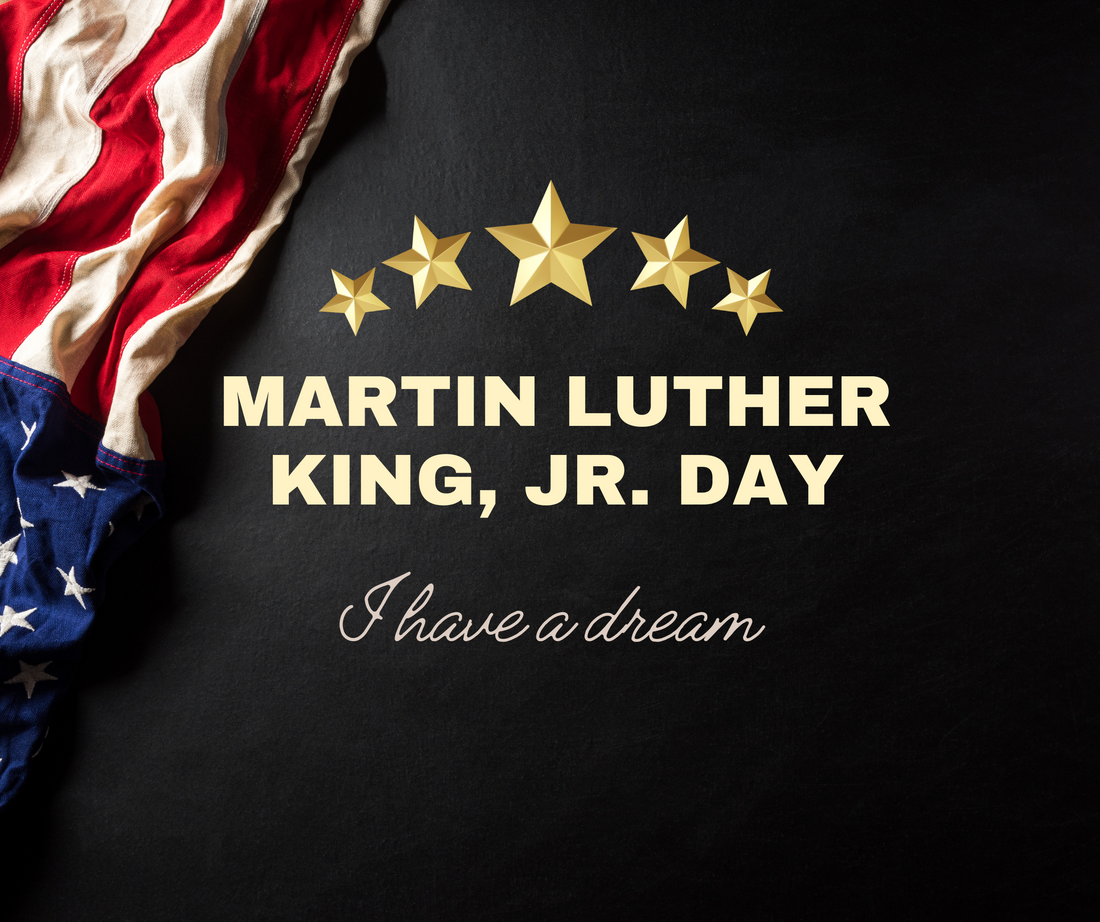
"Martin Luther King Jr.: A Legacy of Hope and Equality"
Share
Martin Luther King Jr. remains an iconic figure in American history, celebrated for his tireless efforts in the fight against racial injustice. His legacy goes far beyond the Civil Rights Movement of the 1960s, leaving an indelible mark on the course of history.
-
Early Life and Education: Martin Luther King Jr. was born on January 15, 1929, in Atlanta, Georgia. His upbringing in a religious and educated family laid the foundation for his commitment to social justice. King's education, including his doctorate in theology, shaped his perspective on equality and civil rights.
-
Montgomery Bus Boycott: King's leadership emerged during the Montgomery Bus Boycott in 1955. His commitment to nonviolent protest became a guiding principle, inspiring a generation to challenge segregation. The success of the boycott marked a significant victory in the battle against racial discrimination.
-
"I Have a Dream" Speech: The 1963 March on Washington for Jobs and Freedom provided the stage for one of King's most memorable speeches. "I Have a Dream" resonated globally, articulating a vision of racial harmony and equality. This speech catapulted King to the forefront of the Civil Rights Movement.
-
Civil Rights Act of 1964: King's advocacy played a pivotal role in the passage of the Civil Rights Act of 1964, outlawing discrimination based on race, color, religion, sex, or national origin. This landmark legislation was a significant step toward dismantling institutionalized racism.
-
Nobel Peace Prize: In 1964, King became the youngest recipient of the Nobel Peace Prize for his dedication to nonviolent resistance against racial prejudice. This international recognition highlighted the global impact of his work.
- Legacy and Continued Influence: Martin Luther King Jr.'s assassination in 1968 shocked the world, but his ideas and principles endured. His legacy persists in ongoing struggles for justice and equality. The Martin Luther King Jr. Day, established in 1983, honors his contributions and serves as a day of reflection and service.